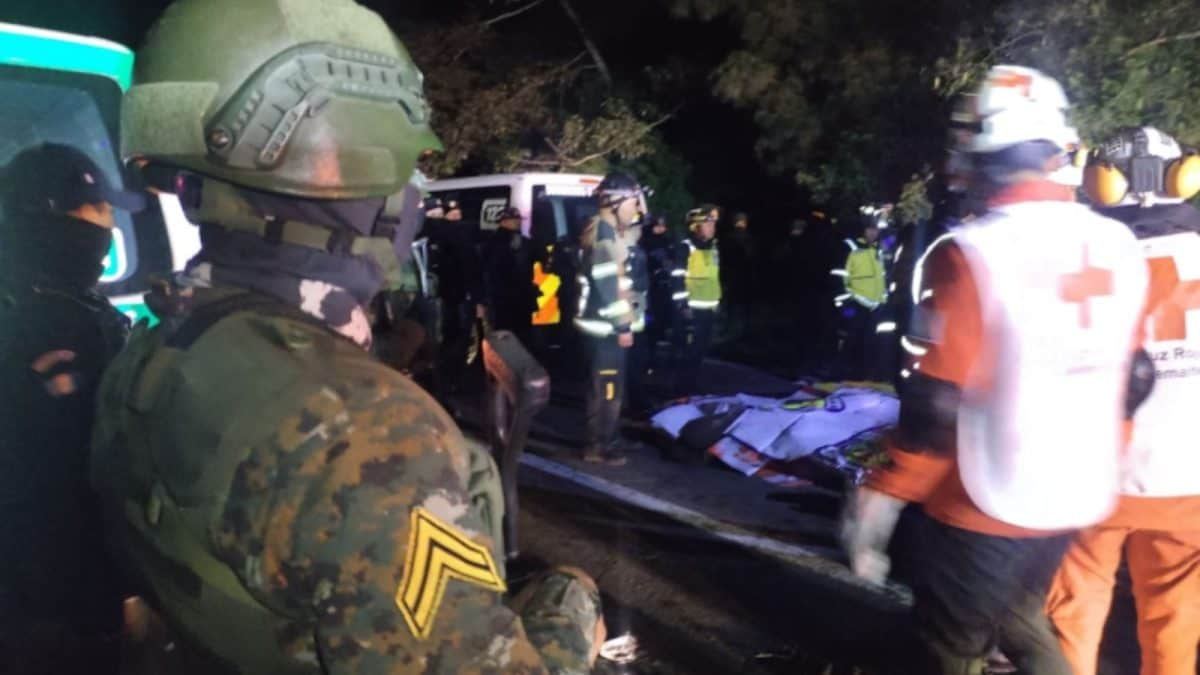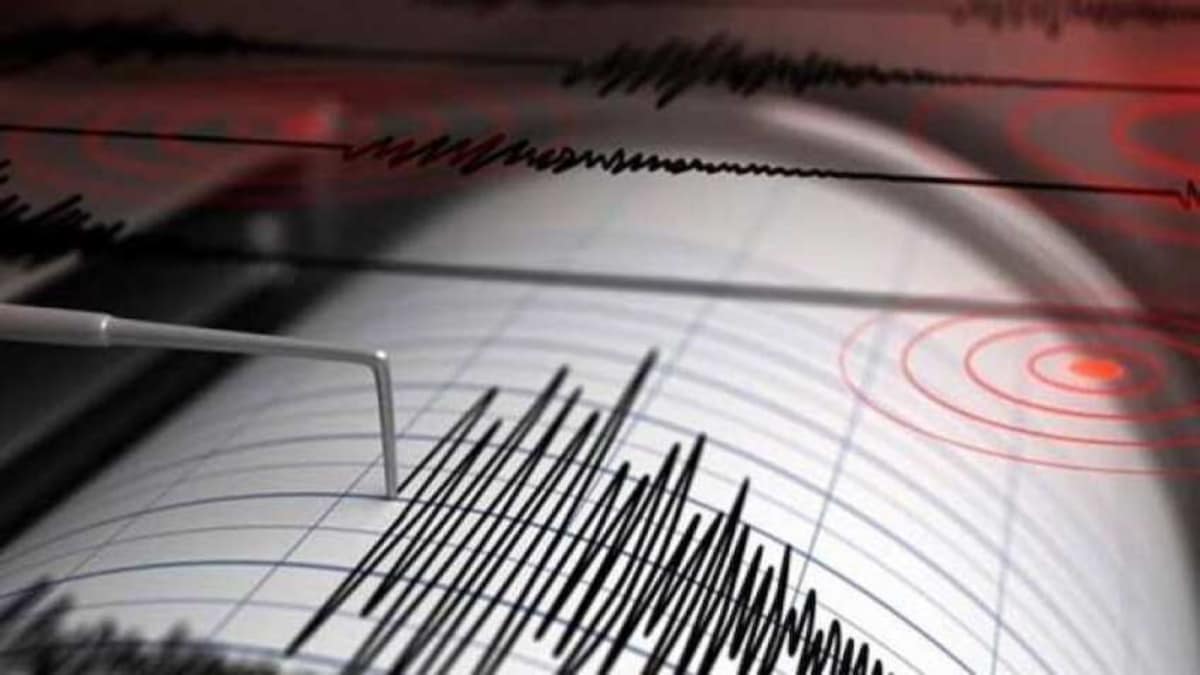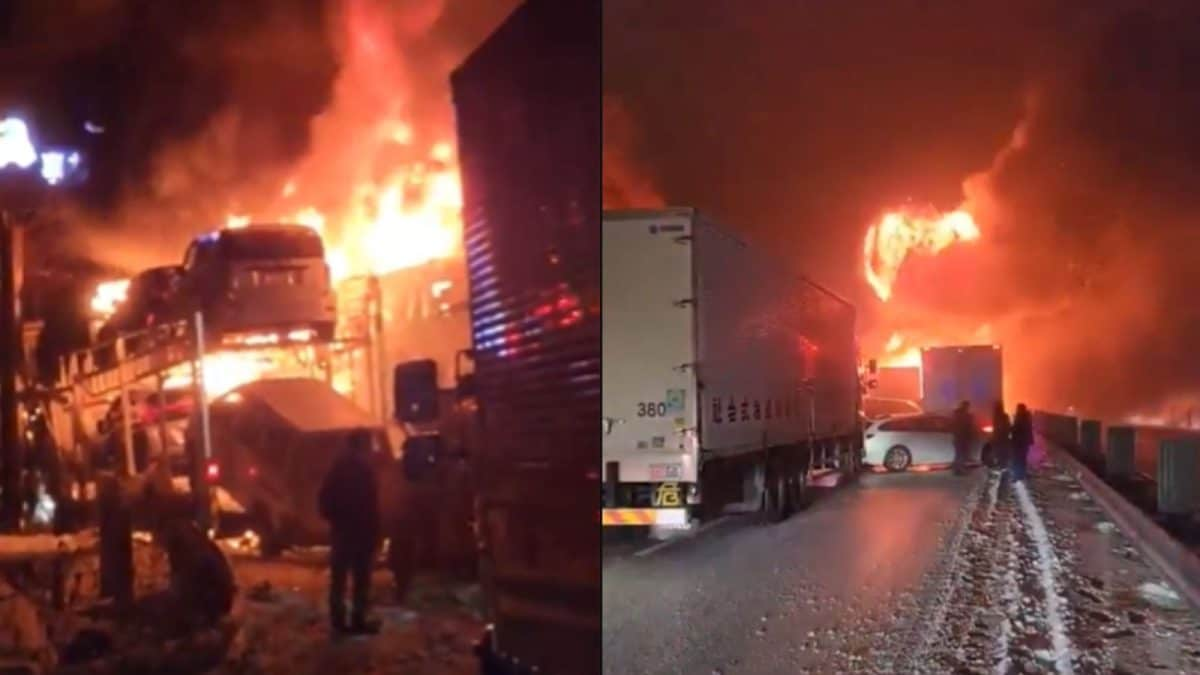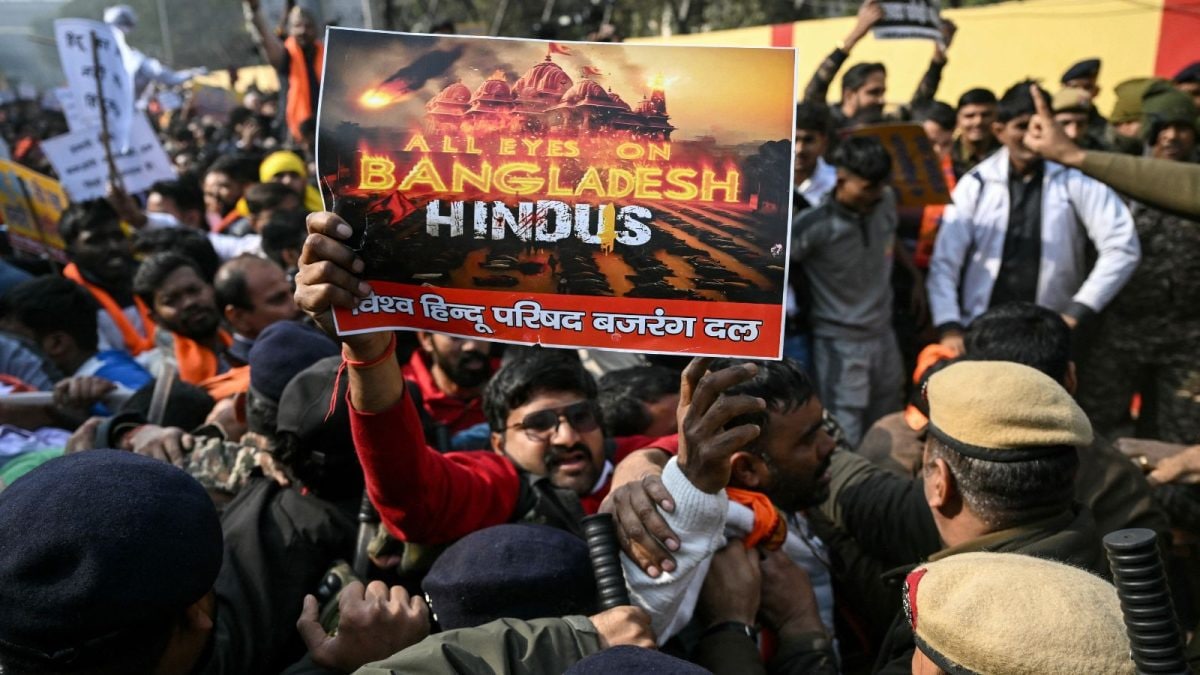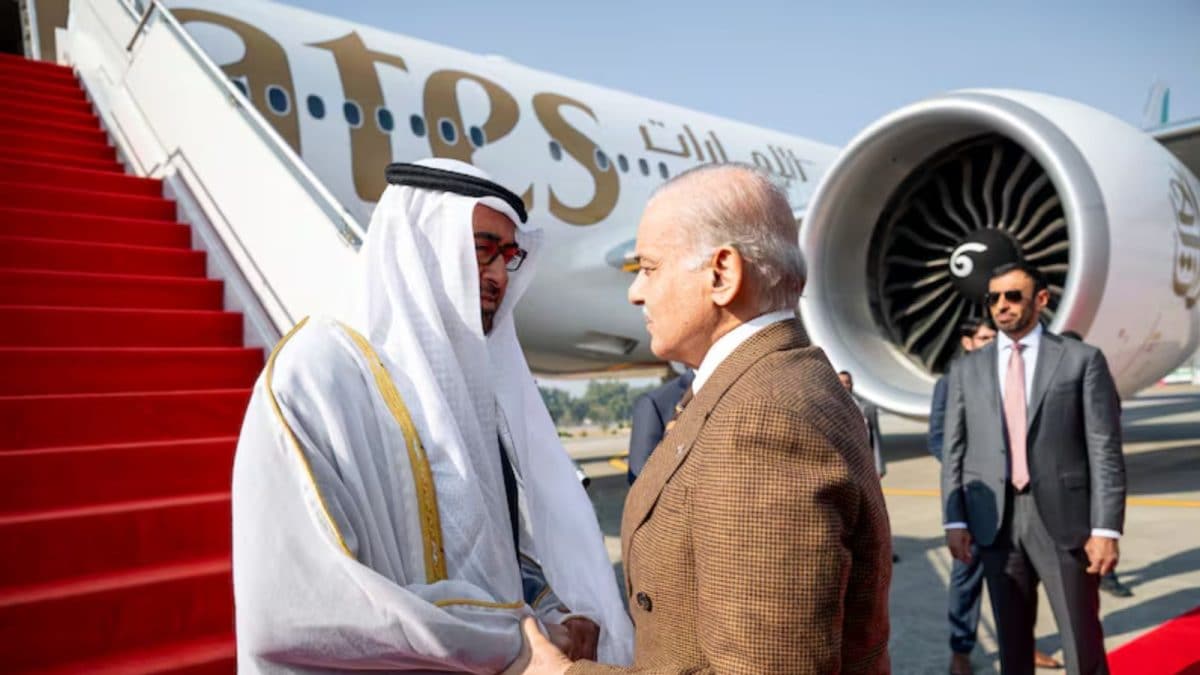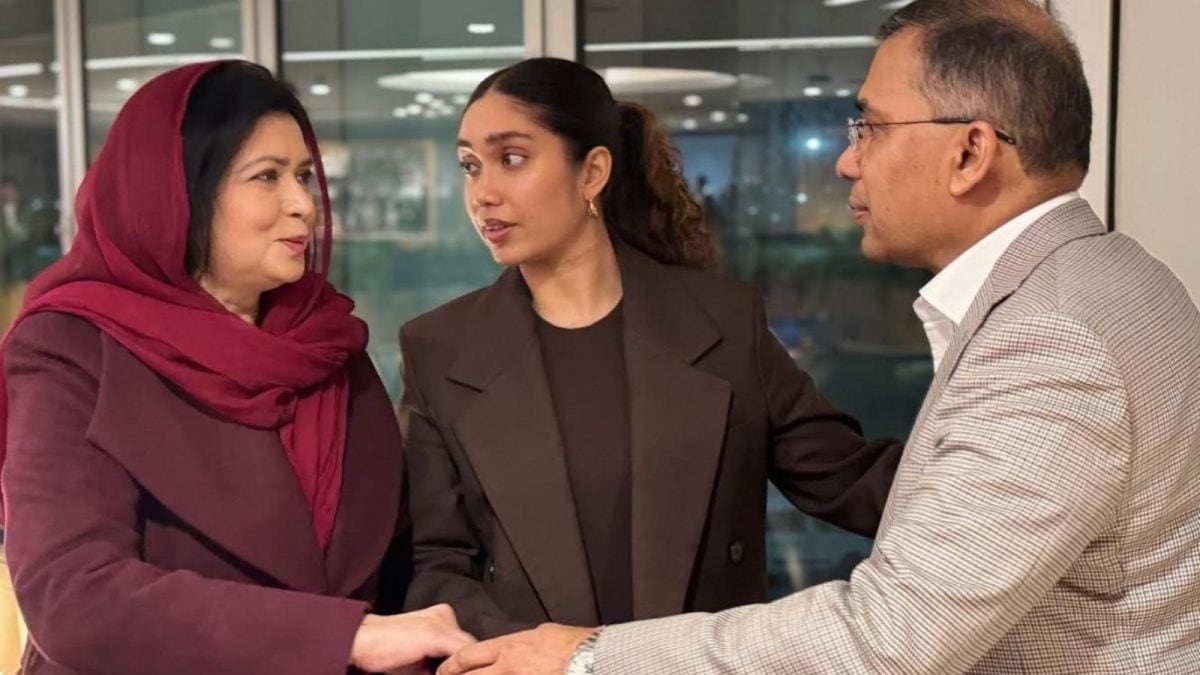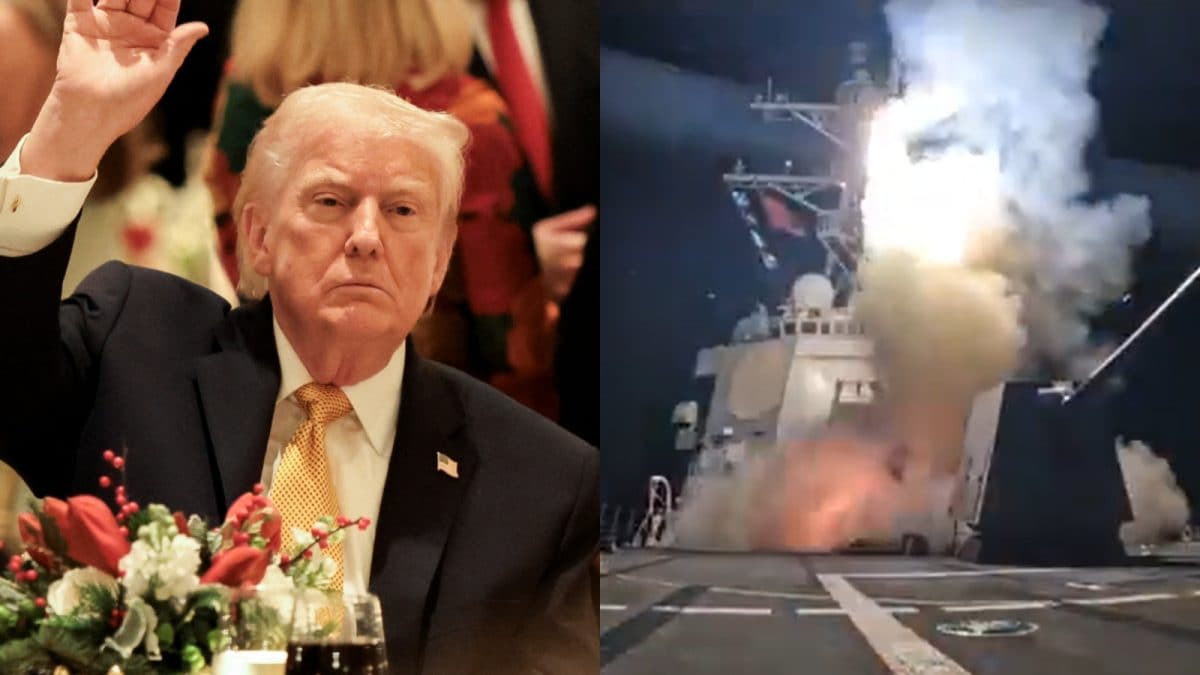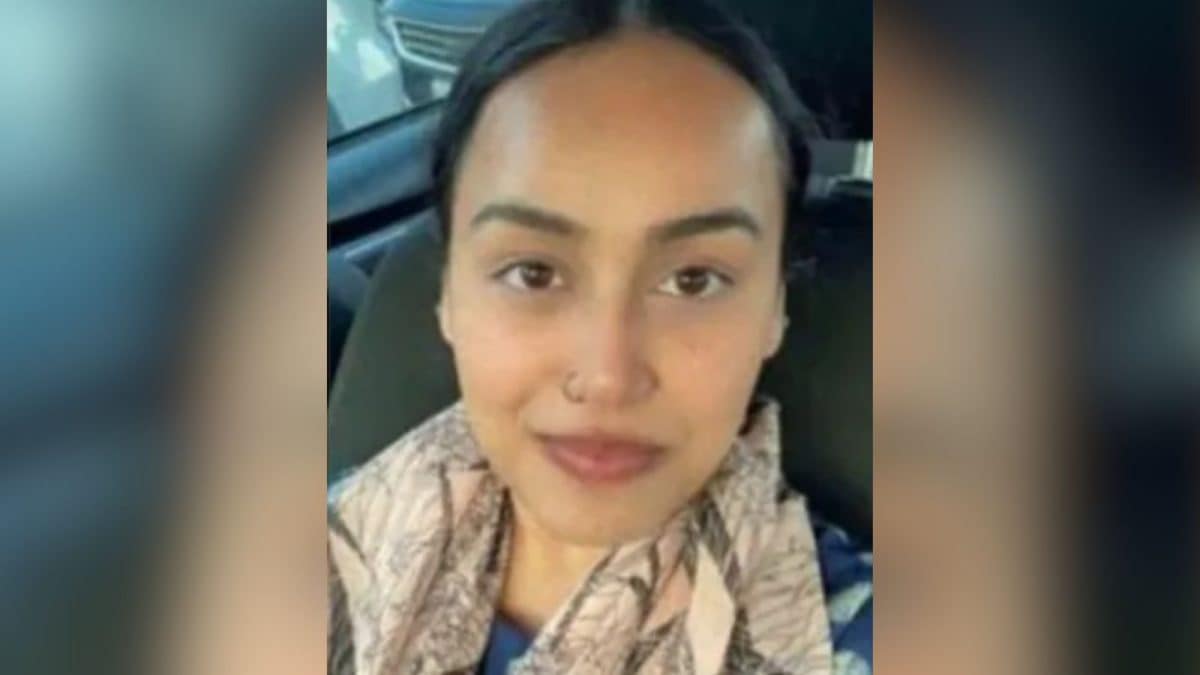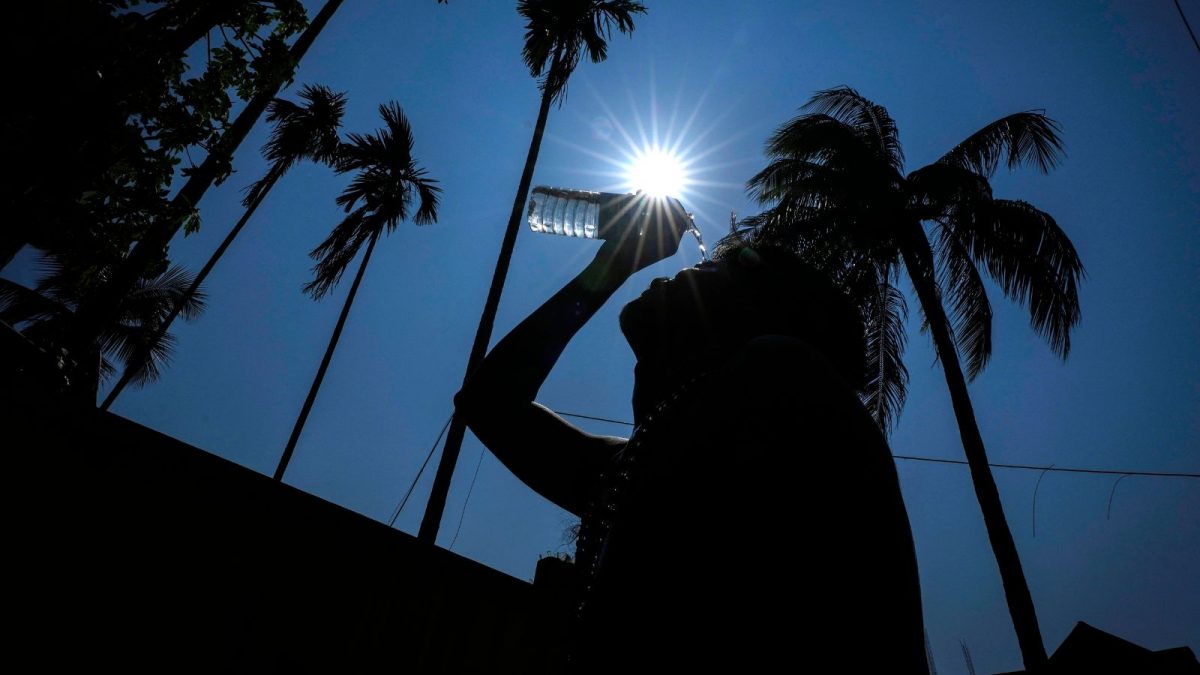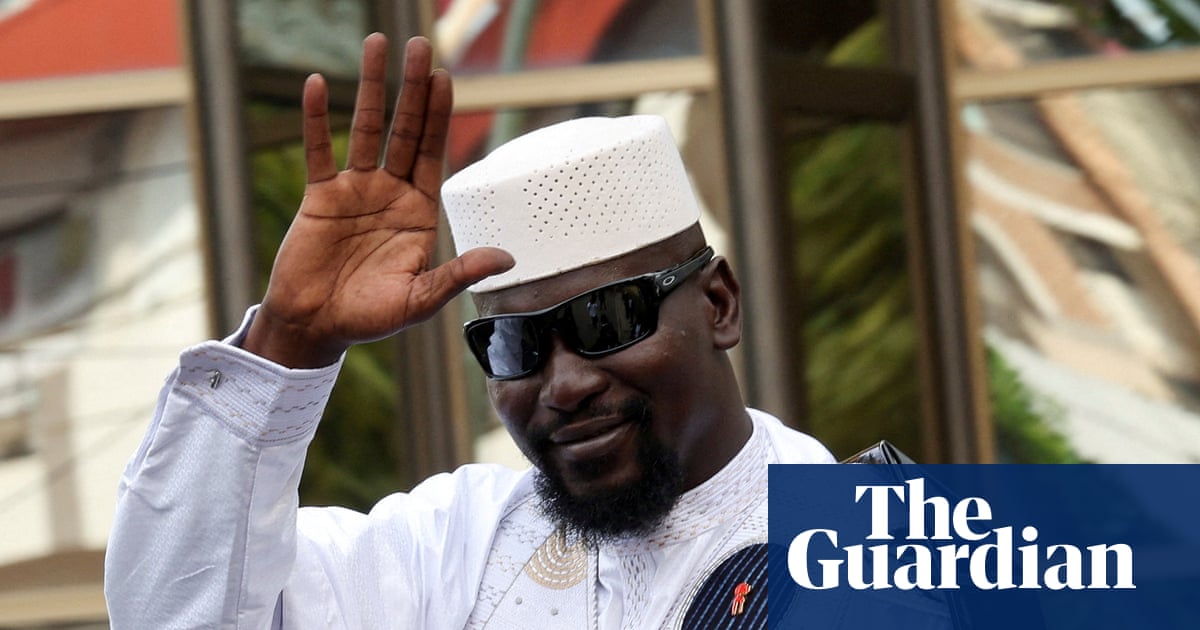Last Updated:November 19, 2025, 10:12 IST
With Saudi Arabia’s relations with the US and Turkey largely repaired, the Khashoggi chapter seems to have ended---except in the life of his fiancée

Khashoggi was murdered inside the consulate, dismembered, and his body removed. (AFP)
In October 2018, when journalist Jamal Khashoggi walked into the Saudi consulate in Istanbul, few could have imagined that his disappearance would ignite a geopolitical storm—one that would stretch from Ankara to Washington. What followed not only tested the moral boundaries of realpolitik and reshaped alliances but also forced governments to face uncomfortable questions about power and accountability.
On Tuesday, however, US President Donald Trump seemed to settle the diplomatic dust on ties with Saudi Arabia, rebuking a reporter who questioned Crown Prince Mohammed bin Salman about Khashoggi’s killing and urging the press not to “embarrass our guest" during the high-profile Washington visit.
While Trump insisted that the Crown Prince “knew nothing about that", Prince Mohammed described the killing as a “mistake", saying Khashoggi “lost his life for no real reason" and calling the incident “painful".
With Saudi Arabia’s relations with the US and Turkey largely repaired, the Khashoggi chapter seems to have ended—except in the life of his fiancée, who fears the world has moved on without delivering justice.
News18 looks back at the political murder that reshaped global diplomacy, became a symbol of state impunity, and prompted rare international censure.
Who Was Khashoggi & What Happened To Him?
A well-connected journalist, Khashoggi covered defining events such as the Soviet war in Afghanistan and the rise of Osama bin Laden, and even served as advisor to the kingdom’s leadership. However, according to BBC, by 2017, the veteran reporter had fallen out with the very establishment he once served. Choosing self-exile in the United States, he began writing candidly for The Washington Post, using his monthly column to criticise Crown Prince Mohammed bin Salman’s tightening grip on power. In his debut piece, Khashoggi admitted he had left Saudi Arabia out of fear of arrest amid an escalating crackdown on dissent.
On October 2, 2018, Khashoggi entered the Saudi consulate in Istanbul to pick up paperwork for a Saudi document stating that he was divorced as he intended to marry his Turkish fiancée, Hatice Cengiz. Hours passed but the veteran journalist never came out.
According to The Guardian, Turkish probe alleged that Khashoggi was murdered inside the consulate, dismembered, and his body removed. Saudi Arabia initially denied knowledge of the murder, calling it a “rogue" operation, but later declared the killing was “premeditated".
A 2021 US intelligence report declassified under the Biden administration concluded that Crown Prince Mohammed bin Salman (MBS) likely approved the operation though the royalty has denied the allegations.
What Did Saudi Arabia Do?
In late September 2018, Saudi Arabia’s public prosecution reported that 31 people had been questioned in connection with the killing, with 21 of them taken into custody. At the same time, five high-ranking officials were dismissed from their positions, among them Deputy Intelligence Chief Ahmad Asiri and Saud al-Qahtani, a prominent adviser to Crown Prince Mohammed bin Salman.
By January 2019, 11 unnamed suspects were brought before the Riyadh Criminal Court for their alleged roles in the murder of Jamal Khashoggi. Prosecutors requested the death penalty for five of those on trial.
In December of that year, the court sentenced five defendants to death for what it described as their direct involvement in the killing. Three others received a combined 24 years in prison for concealing the crime and breaking the law, while the remaining three were acquitted.
In May 2020, Salah Khashoggi announced on behalf of himself and his siblings that they had chosen to forgive those responsible for their father’s death, saying they were doing so “in pursuit of God’s reward." This aligned with the prosecution’s stance that the killing had not been premeditated.
Four months later, the Riyadh Criminal Court reduced the death sentences for five defendants to 20-year prison terms. The other three received sentences ranging from seven to 10 years. Prosecutors stated that these rulings were final, marking the end of the criminal proceedings.
How Did US-Saudi Relations Get Affected?
After Khashoggi’s murder, Saudi Arabia faced intense international condemnation. Turkey pressed Riyadh for accountability, and US intelligence raised serious red flags.
The Guardian reported that Turkey’s President Recep Tayyip Erdoğan publicly accused Saudi Arabia’s top leadership, demanding transparency and extradition for the suspects.
However, over time, strategic interests took centre stage. According to an analysis by the New Yorker, shifting geopolitics—especially energy and regional power balances—helped MBS win back Washington.
By 2025, President Trump publicly embraced MBS in a highly symbolic White House visit. Dismissing the intelligence findings, he said: “Things happen … he knew nothing about it." Trump also announced major deals, including a potential sale of F-35 fighter jets to Saudi Arabia, underscoring how business and strategic ties had fully revived.
The New Yorker piece, quoting scholars like F Gregory Gause, said the normalisation reflects a classic trade-off: human rights concerns were gradually subordinated to economic and security imperatives.
Turkey’s Shift & The Case’s Legal Status
Turkey led the global outrage, demanding a full inquiry into Khashoggi’s murder. Erdogan and his government publicly pushed Saudi Arabia to cooperate, raising questions about who ordered the operation. However, as per Middle East Monitor, Ankara’s stance too softened over time.
The Turkish court handling some of the suspects eventually transferred the case to Saudi Arabia in a move that was criticised by many, including Khashoggi’s fiancée.
The Personal & Emotional Toll
Hatice Cengiz, Khashoggi’s fiancée, has been a tireless advocate for justice. Calling on the US to take responsibility, she has declined an earlier White House invitation from Trump, believing it was more about public optics than real change.
According to Al Jazeera, Cengiz once described being in a “darkness I cannot express" after Khashoggi’s disappearance.
Though relations between Saudi Arabia and Turkey have normalised, she has warned that “no diplomatic relation can legitimise this unfairness and injustice".
Meanwhile, responding to Trump’s “white-washing", Khashoggi’s widow Hanan Elatr Khashoggi—his third wife—said “it’s very painful for me" to see Prince Mohammed visit Washington.
The killing “destroyed my life", she said, adding, “I hope they look at the American values of human rights and (democracy)" besides any deal and selling weapons. “There is something missing," she added, pointing to the lack of “real justice".
The News Desk is a team of passionate editors and writers who break and analyse the most important events unfolding in India and abroad. From live updates to exclusive reports to in-depth explainers, the Desk d...Read More
The News Desk is a team of passionate editors and writers who break and analyse the most important events unfolding in India and abroad. From live updates to exclusive reports to in-depth explainers, the Desk d...
Read More
First Published:
November 19, 2025, 10:12 IST
News explainers How The Khashoggi Murder Recast Global Diplomacy & Why His Fiancée Is Still Seeking Justice | Explained
Disclaimer: Comments reflect users’ views, not News18’s. Please keep discussions respectful and constructive. Abusive, defamatory, or illegal comments will be removed. News18 may disable any comment at its discretion. By posting, you agree to our Terms of Use and Privacy Policy.
Read More

 1 month ago
1 month ago

